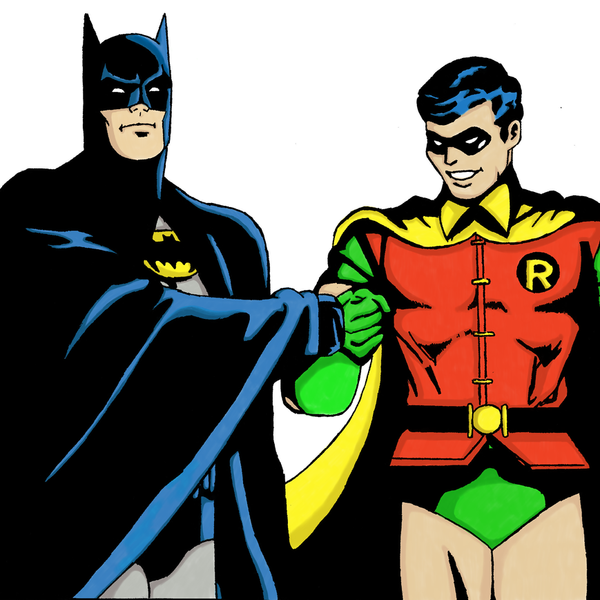“Everybody’s worst thing is their worst thing,” my mom blatantly stated over the catty arguing of Naomi Clark and Annie Wilson coming from the television.
I reached for the silver remote and paused 90210. My mom seemed confused as to why I was stopping Naomi mid-rant.
My mom is often incredibly wise and gives sage advice in this casual way, and I have to stop and process the implications of what she says. I had just been telling her about my inability to conjure up some sympathy for one of my friend’s “struggles” considering that the magnitude of her problem appeared minuscule in the grand scheme of what other people are dealing with. Yet, there she was earlier today, letting this thing destroy her completely, while I sat listening earnestly and silently checking off my list in the back of my mind.
I have seen people close to me lose one or more of the things on this list, and I have seen it almost destroy them. This near destruction appeared warranted to me -- these are all truly horrible things. I scale my own smaller problems by remembering this list. Are insignificant things still upsetting every once and a while? Of course, but I know it is never the end of the world. I liked my logical system and it always put misfortune in perspective while also keeping me thankful.
Until my mom made this very accurate point.
If someone has not endured one of my list’s tragedies, they do not realize how painful these particular things truly are. Instead, whatever the worst pain they have currently is their worst pain. Everyone facing their personal worst thing has something very important in common: they are trying to overcome the greatest obstacle they have ever faced. Whether this obstacle is a C in a class they worked their hardest in, a dream college’s surprising rejection or something else from the list above, they feel the same. The cause of tragedy is surely different, but the effect is the same. Each worst thing brings the same feeling of being cornered by pain, the same fear of never being able to recover, the same envy of those who are not suffering the same way. "Worst” is defined as “bad or ill in the highest, greatest, or most extreme degree.” Who am I to determine what someone else’s highest, greatest or most extreme suffering is? Everyone’s worst thing is their very own worst thing.
What can be learned from this?
First, if anyone ever tries to diminish your suffering when you are dealing with your worst thing, explain to them how you are feeling. Everyone’s worst thing has value and deserves to be acknowledged as what it is: the most painful thing one has faced in their lifetime thus far.
If you are facing the worst challenge you have thus far, but can make it through my checklist without a single “no,” gain some perspective. Consider the silver lining in your tragedy: you are unbelievably lucky to have what you have. Let that perspective drive you to overcome the challenge you are facing. Even if you can say no to some of the list, everyone has things to be thankful for. Make your own list. Be thankful for all of the things you have, and let these things you have drive you to overcome your challenge.
If you are having trouble relating to a friend or family member who you believe is being overdramatic with their suffering, put yourself in their shoes. Remember the way your own worst thing felt, and imagine that they are feeling the same way now. They may not have faced something equally as disruptive as you, but they have the same distress you once had.
We need to have compassion for others when they are going through their most terrible times so that we can expect the same support in return. We need to come together in times of tragedy and work to make the world a better place -- to make less worst things happen.
That night, a seemingly average night in the fourth marking period of my senior year, changed the way I viewed misfortune. I went to school the next day and listened to my friend’s grieving with an open heart, and remembered the devastation my worst thing I have faced so far brought me. I thought of what I needed to hear to pick myself up off the ground and move forward. And once I finished listening, really listening, sympathizing as if it were myself, only then did I speak.




















